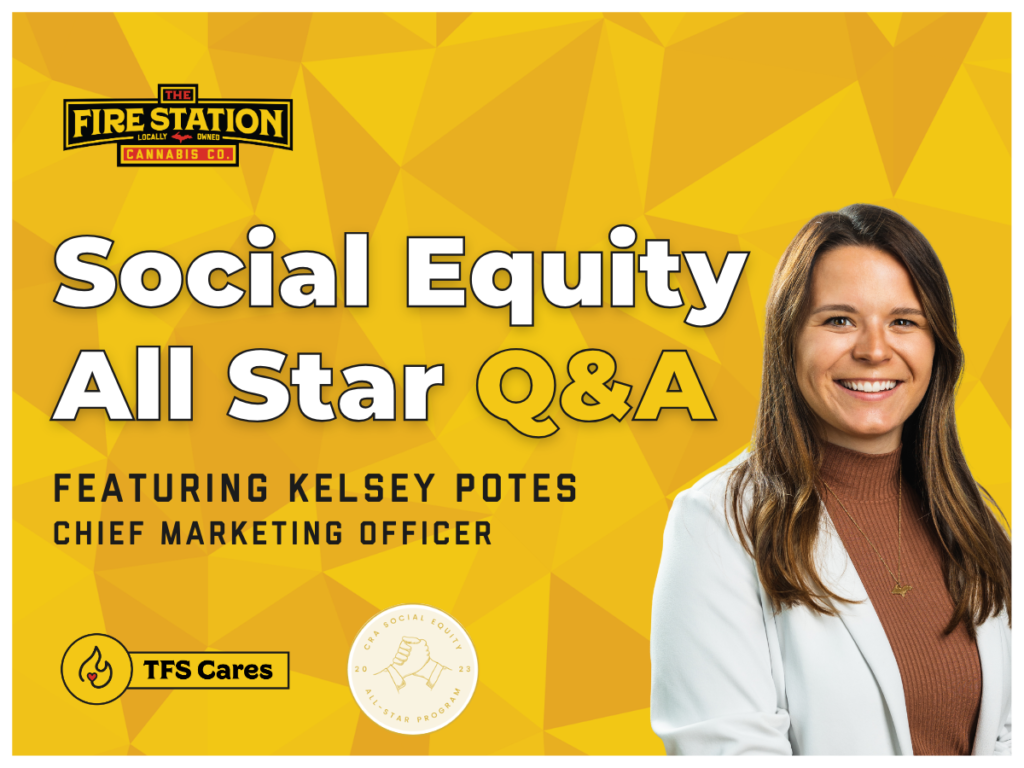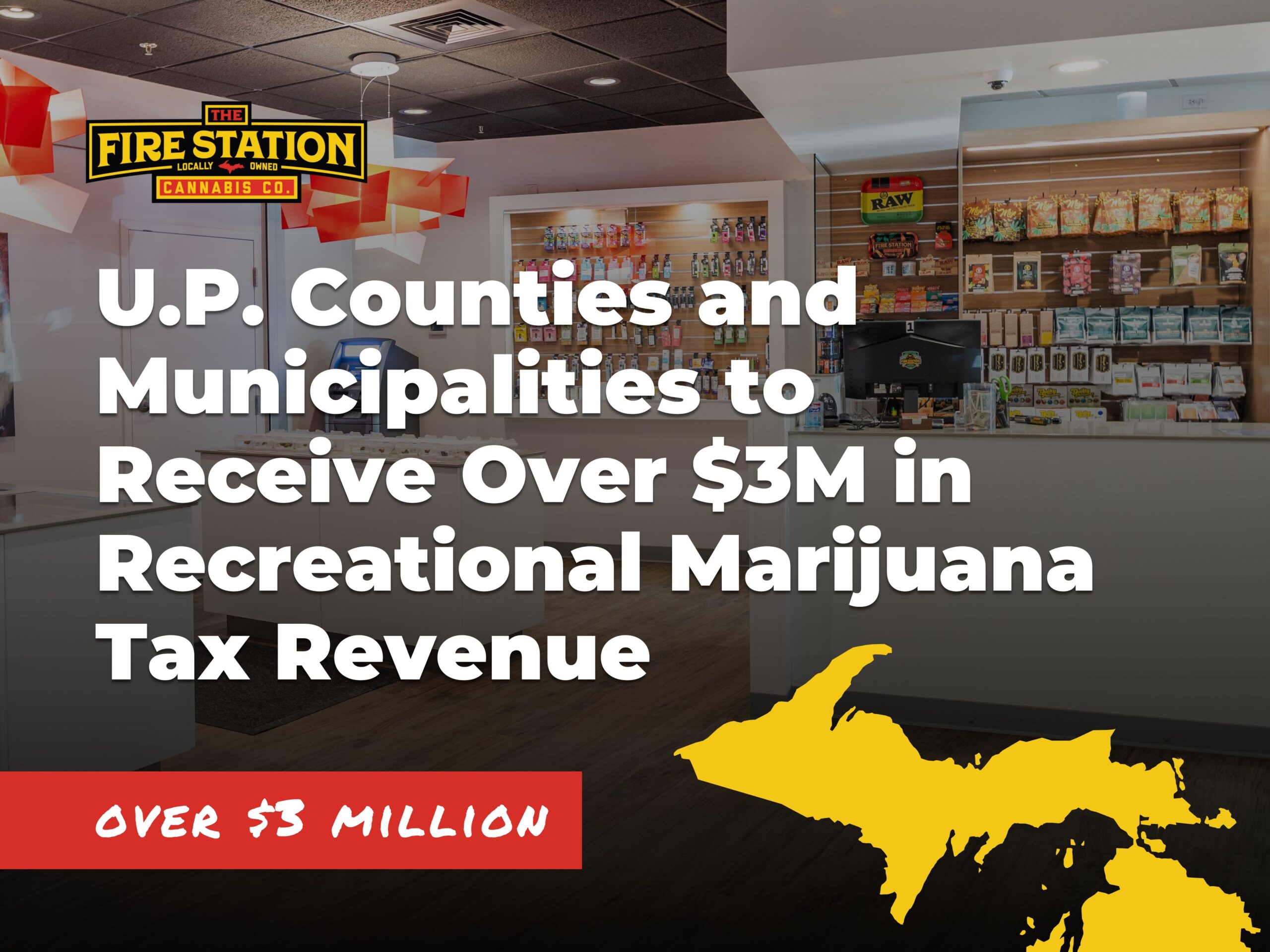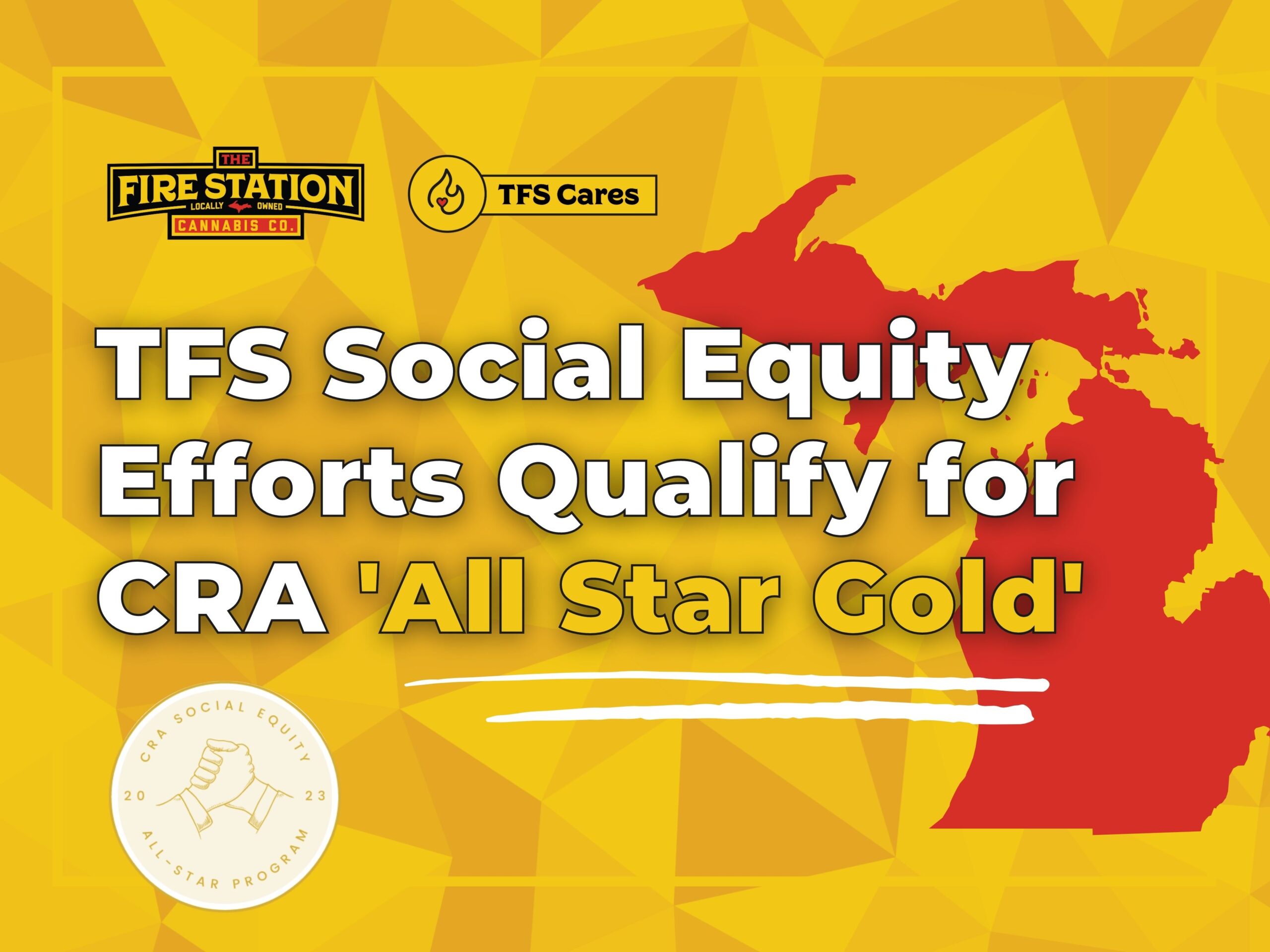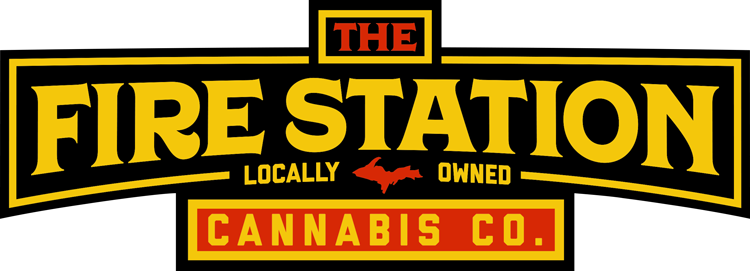
On September 7, 2023, The Fire Station was invited to speak on a Social Equity All Star Qualifiers Panel through the Michigan Cannabis Regulatory Agency. The Fire Station, a Gold Qualifier of the program, was represented by Kelsey Potes, Chief Marketing Officer and TFS Cares Committee Member.
Being a part of the Social Equity All-Star Program has provided an opportunity for our team to reflect on what we’re doing well and what areas needed more attention. This program has already prompted us to develop more forward thinking programs, such as our new Volunteer Time Off initiative for both part- and full-time employees. It has also led to stronger community partnerships through developments of projects such as creating scholarships with local universities.
Given the success of these programs, to us social equity means the opportunity to consistently work toward growth as an organization. This program has allowed us to reflect, support disproportionately impacted communities, and showcase the efforts that we were already implementing to support our local communities.
As we will be updating our social equity plan annually, this program allows us to reevaluate our initiatives to ensure that we are following through on all aspects of our plan. We are proud of our social equity efforts, and appreciate the opportunity to share them with our customers and industry peers.
The Fire Station decided to participate in the Social Equity All-Star Program because we wanted to be a part of positively impacting the statewide industry and those who have historically been disproportionately impacted by cannabis prohibition. We believe that this is a great initiative by the state, and we’re happy to be a part of it.
We promote our Social Equity All-Star status through a number of different avenues. This includes referencing it on customer communication channels such as email, store signage, social media and our website. We are also active in pursuing opportunities to speak to local and statewide communities regarding our social equity activities, including panels such as these or other community outreach events.
In order to maximize our impact, we distribute our allocated funds as much as possible between the nine different U.P. communities that we serve. Our efforts to do so include tracking the funds that are distributed to each community and attempting to evenly distribute; donating to a large variety of events and organizations to support as many local causes as possible; and setting up vendor booths at events to further our values of cannabis education and de-stigmatization.
Community outreach is a key component of our overall company strategy. We positively impact the communities where we operate by hosting events, sponsoring events or making donations to various causes that align well with our mission and values.
Due to our physical location, we have to get creative at times with how we participate in the State’s social equity program. One recent example of how we did this was to set up a scholarship fund at two U.P. universities with degree programs related to the cannabis industry. Students who come from one of the CRA-identified social equity communities are given priority to receive the funds we’ve provided to the schools to help support their education and hopefully to set them up for success in the industry.
Some other things we have done include implementing a staff Volunteer Time Off (VTO) policy whereby employees across the organization can be paid to volunteer for a non-profit organization or event that aligns with our social equity plan. We’ve set up a form on our website where social equity participants can apply for fee support as well.
To come up with our corporate spend plan, the group that was initially responsible for developing our social equity plan met with our inventory and purchasing teams to identify which of our suppliers would meet the diverse supplier criteria, and to identify any others who we were interested in working with. It was a collaborative effort across many departments, and included input from our company executives as well.
- We formed a committee of administrative team members who all had a passion for our social equity initiatives as a whole
- Our group started by assessing what we were currently doing that would be beneficial to include in our application
- We spent a lot of time looking at who we were already working with across the organization
- We assessed what we were currently doing and how much we were allocating towards social equity and diverse suppliers
- We consulted with our CEOs on their vision and the level of commitment they wanted to make to this cause
- Where we landed is where we felt was right for a company of our size
Yes. At the end of each year, our team conducts a thorough review of our various social equity initiatives in order to pinpoint the areas that are in need of improvement or more attention. This review allows us to create new, specific goals for the year ahead and ensures our company continues to improve.
Our team also meets quarterly throughout the year to check in on whether we have met our current goals, and what actions should be taken in order to move forward with those goals if they have not been met.
Hear from the Panelists
You might also be interested in...

U.P. Counties and Municipalities to Receive Over $3M in Recreational Marijuana Tax Revenue
In March 2023, the Michigan Treasury will distribute $59.5 million to 160 local municipalities and 64 counties that allowed retail marijuana sales during fiscal year

The Fire Station Cannabis Co. Qualifies for State Social Equity All-Star Program’s ‘Gold Status’
The Fire Station Cannabis Co. (TFS) achieved gold-level status in the Michigan Cannabis Regulatory Agency’s (CRA) Social Equity All-Star program. TFS had to meet the

